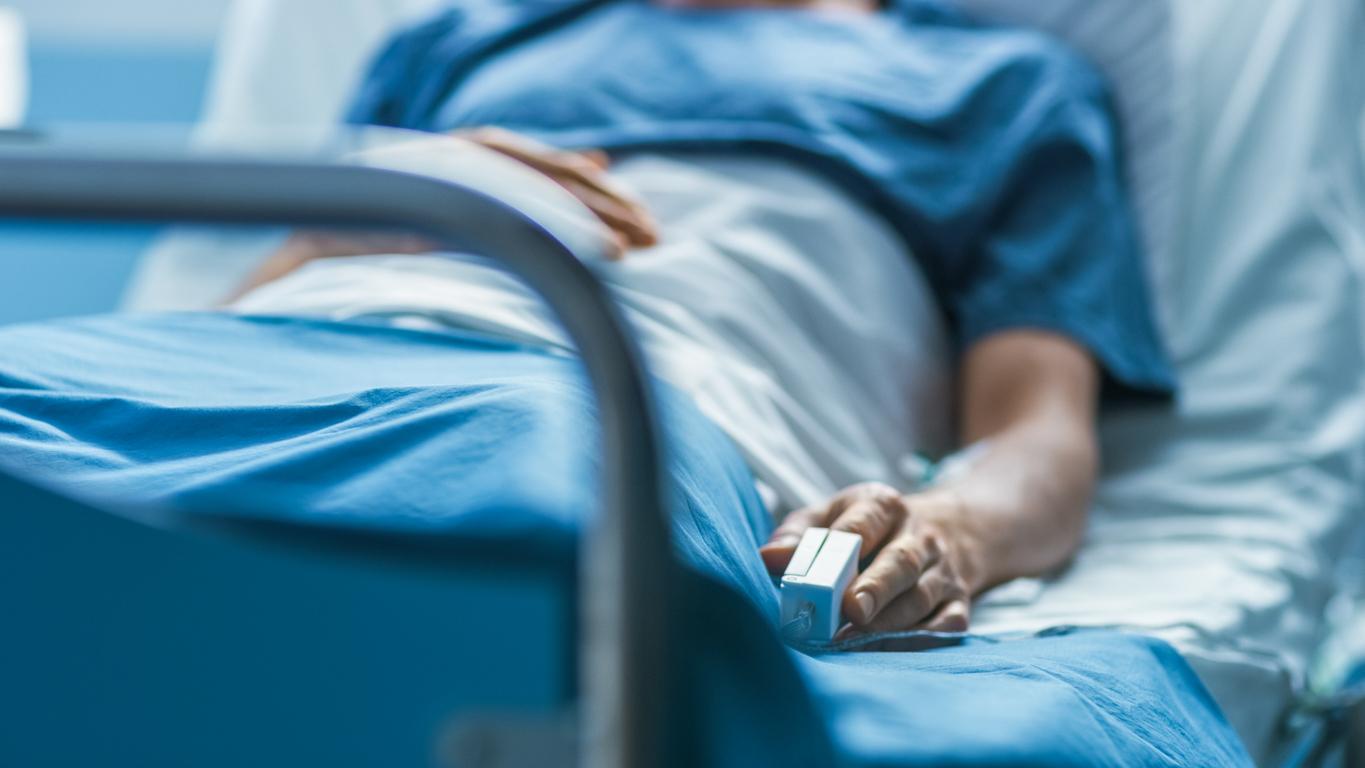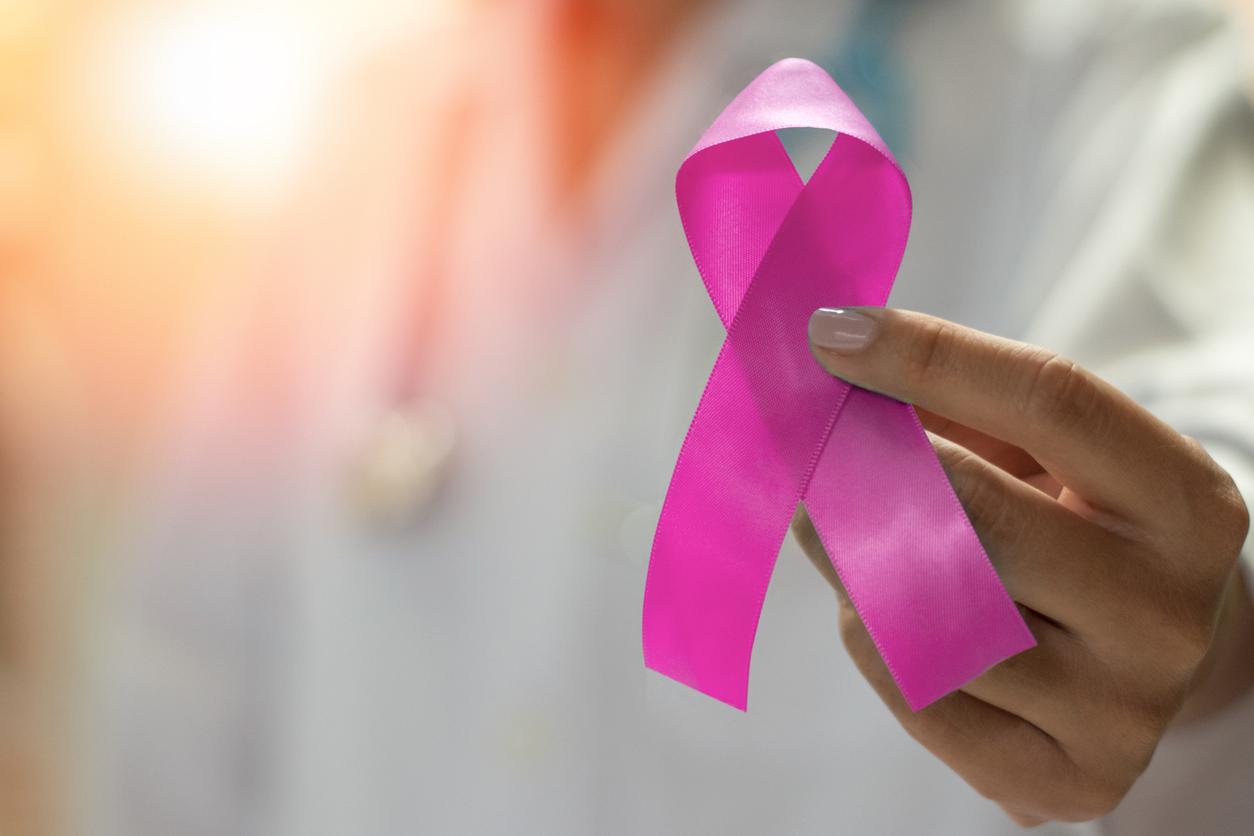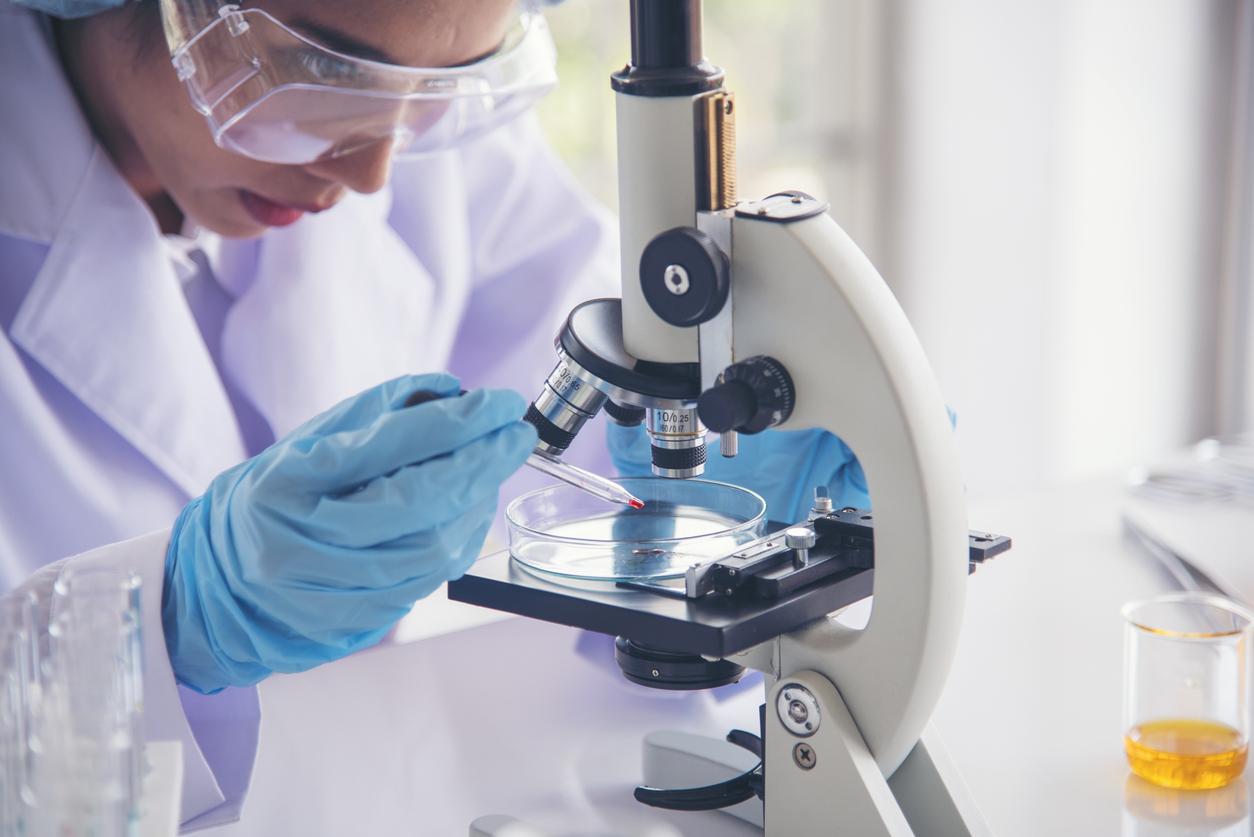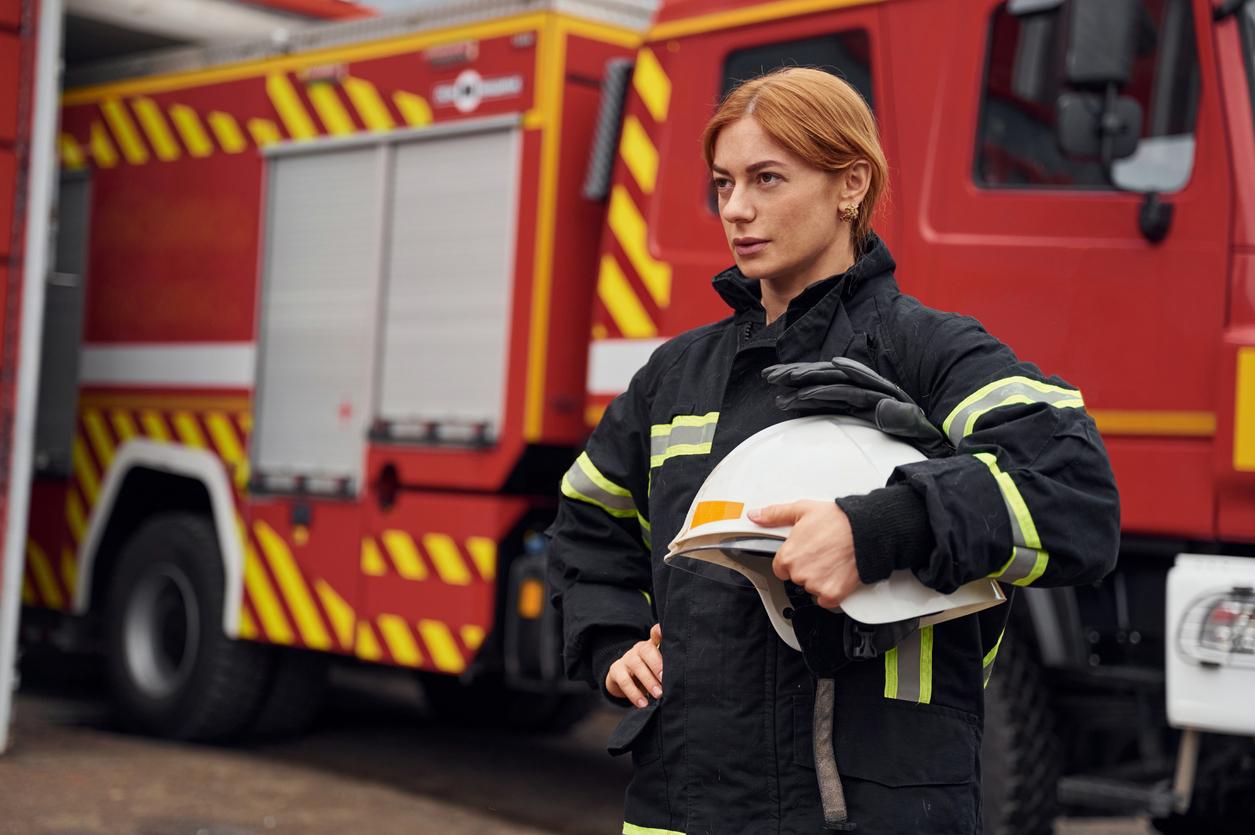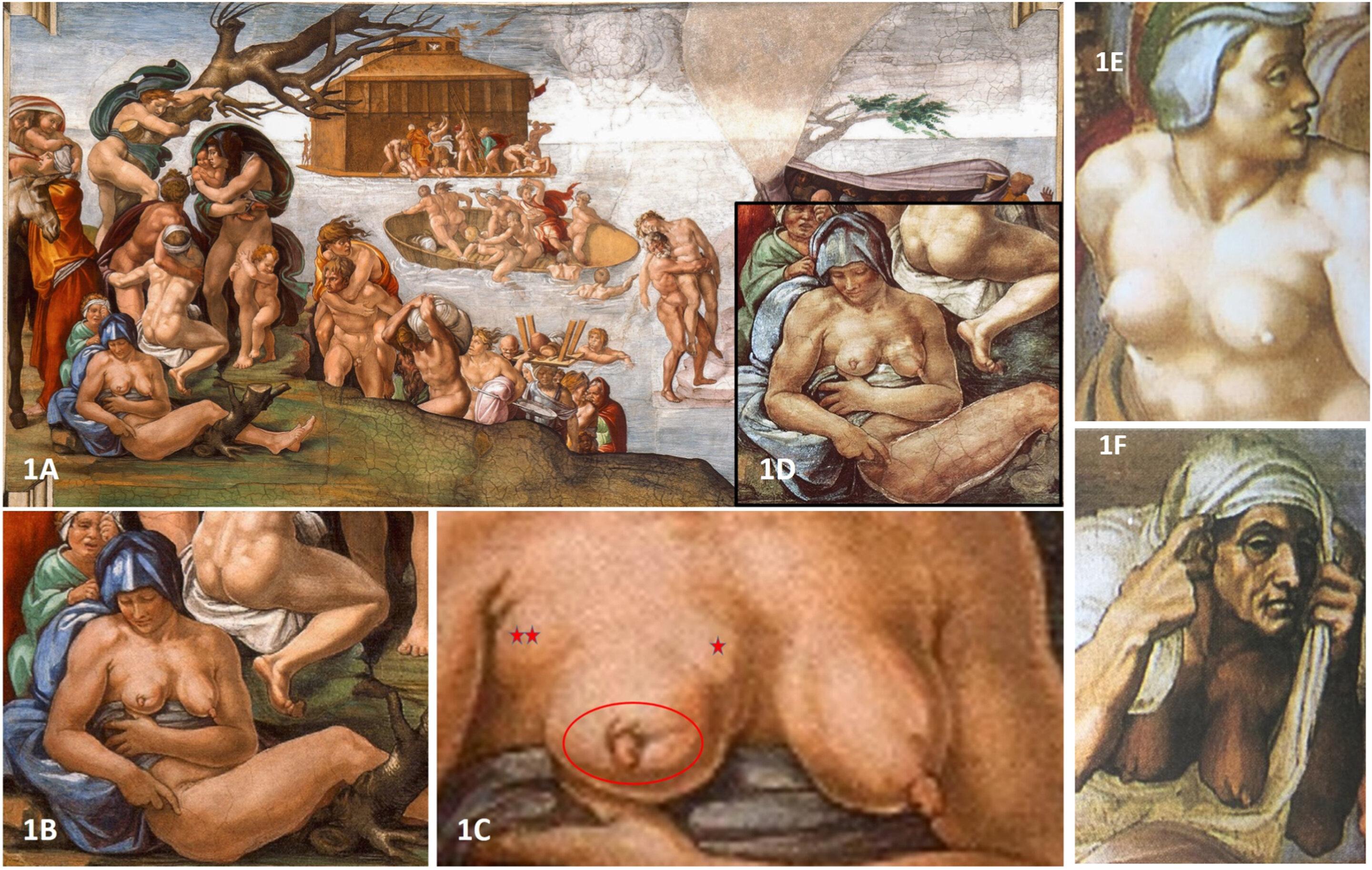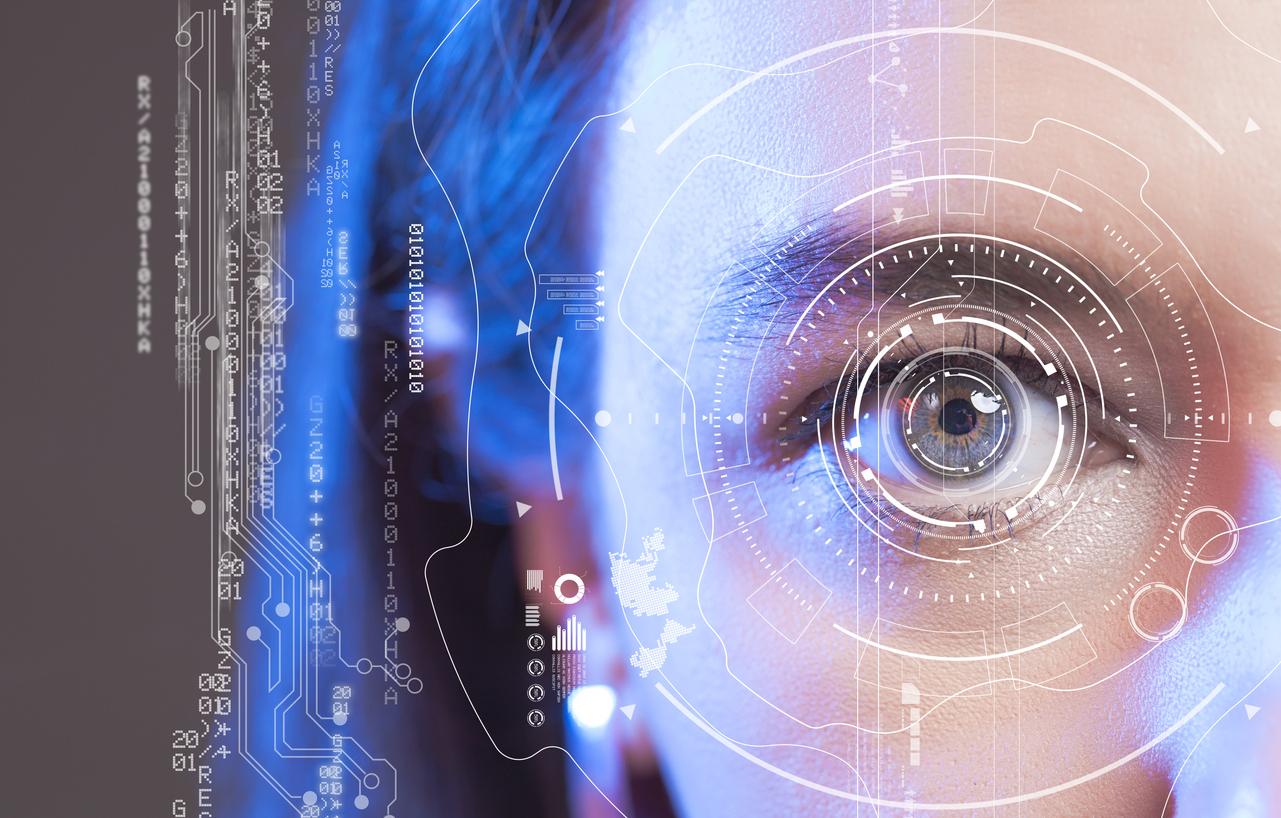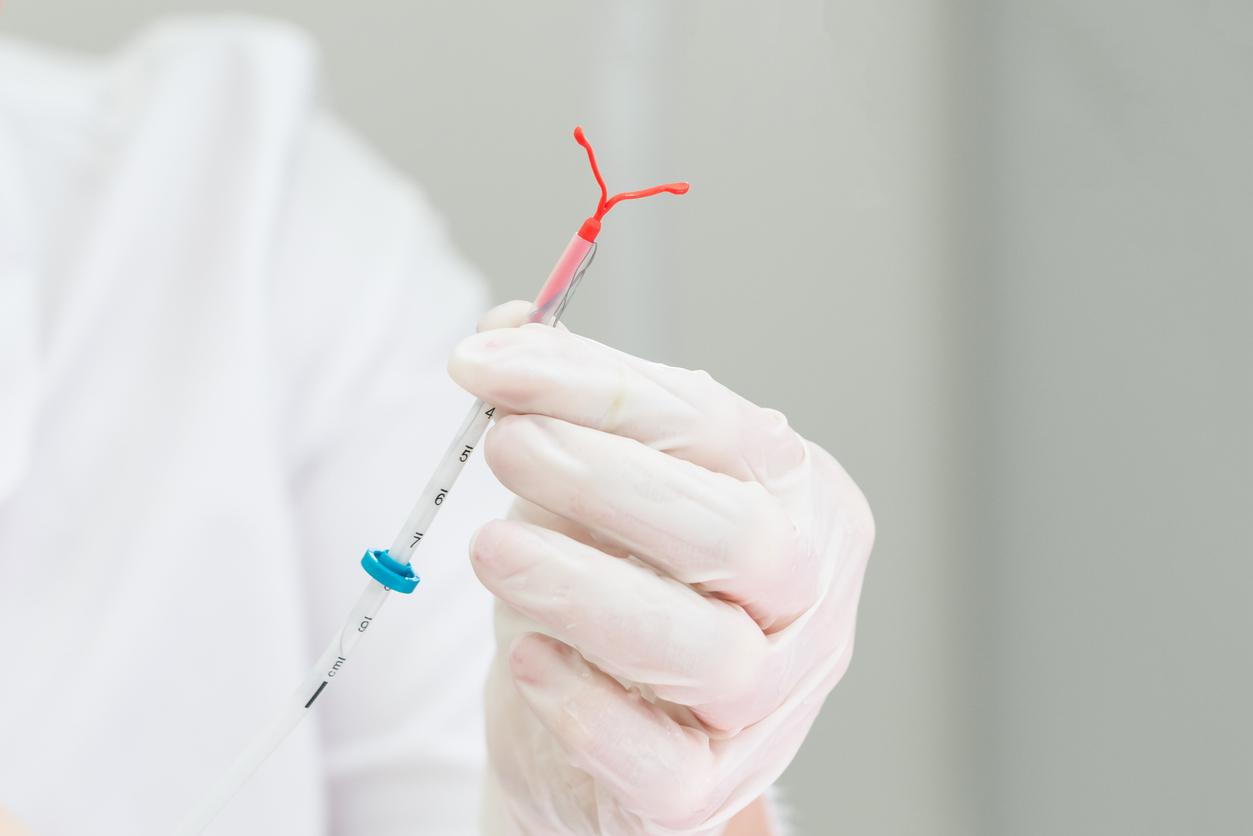Researchers have developed a computer program that can detect breast cancer on mammograms more accurately than radiologists. Ultimately, this tool could revolutionize the diagnosis of the disease.
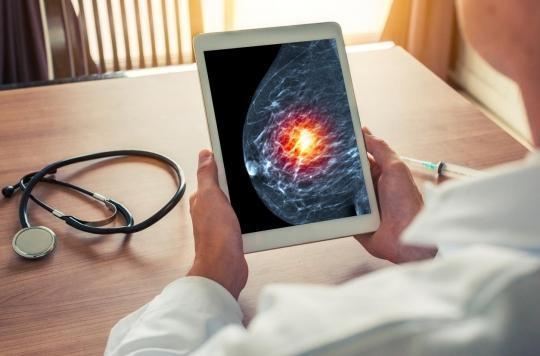
Breast cancer is the most diagnosed in women worldwide. According to WHO, it represents 16% of all female cancers. Detected early, it can be cured in more than nine out of ten cases. Currently, mammography and x-rays are the main screening options for women. Today, a new technology could revolutionize diagnosis. Researchers have succeeded in developing a computer program capable of identifying the disease with more precision than expert radiologists. The results of this study are published in the journal Nature.
This artificial intelligence technique was developed by researchers at Google Health. It is based on a mathematical model trained with nearly 29,000 mammogram images from Great Britain and the United States.
When interpreting these, the experts had access to the patient’s history, while the IA only had access to the mammograms. Despite this, the machine achieved a reduction in misdiagnosis of cancer of 5.7% on US images and 1.2% on British ones. It also reduced the percentage of missed diagnoses by 9.4% among US images and 2.7% among those from Britain.
An opportunity”
The researchers also compared the computer’s decision to that of the first cardiologist to review mammograms. If the two diagnoses matched, the case was classified as resolved. On the other hand, in the event of different results, they asked the machine to compare with the decision of a second cardiologist. It then turned out that using AI to verify the diagnosis of the first expert could save up to 88% of the workload of the second.
These results “suggest that we are developing a tool that can help doctors spot breast cancer with greater precision,” comments Dr. Dominic King, UK manager at Google Health, and co-author of this study.
“Further trials, clinical validation and regulatory approvals are needed before this can begin to make a difference for patients, but we are committed to working with our partners to achieve this goal,” continues the researcher. And to conclude: “This technology represents an opportunity to support the excellent work that examiners are doing today,” says Dominic King. The team hopes that this technology can one day serve as a “second opinion” for cancer diagnostics.
In 2017, 60,000 new cases of breast cancer diagnosed in France
Last May, researchers from the Massachusetts Institute of Technology (MIT) had already revealed that they had developed a tool equipped with advanced methods of artificial intelligence (AI) and capable of analyzing changes in breast tissue invisible to the naked eye. , to predict a woman’s future risk of breast cancer. “By predicting who will develop cancer, we will be able to counter the disease even before symptoms appear,” explained Dr. Adam Yala, lead author of the work.
Let’s hope that these new technologies make it possible to continue to improve the breast cancer survival rate, which has been much better for fifteen years in France. However, in 2017, the disease still caused 12,000 deaths. In the same year, nearly 60,000 new cases had been diagnosed. If the victims are mostly women, about 500 cases concern men (0.5% of male cancers).

.



